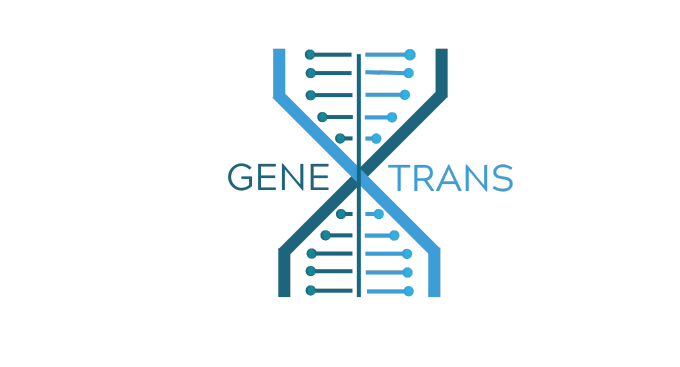Every time someone hears I work in genetics, I get one of three responses:
- “So can you tell me if I’m related to Mr Bean?”
- “OMG, I’ve always wanted to do one of those ancestry tests!”
- “That’s wild! I heard if you have the BRCA gene, you’re definitely getting
breast cancer.”
Let’s pause right there, go outside and touch some grass.
There’s this deep-rooted belief that our DNA is some kind of prophecy. Like if your
genes say, “high risk for X,” then that’s it game over. But I need to say this clearly
and loudly: genetics is not destiny and this is the hill I’ll die on, surrounded by
peer-reviewed papers and some solid sarcasm may.
Here’s the tea though: your genome (the complete set of your DNA) gives us a ton of
information. But it’s not a crystal ball. It’s more like an instruction manual that’s
written in pencil and not stone. Take BRCA1 and BRCA2 mutations. Yes, they
increase your risk of breast and ovarian cancer but not everyone with these
mutations gets cancer. According to the National Cancer Institute, around 55-72% of
women with harmful BRCA1 mutations will develop breast cancer by age 70–80.
That’s quite a significant number, but this also means that 28-45% won’t develop
breast cancer.
Why? Because genes interact with your environment, your lifestyle, your diet, your
hormones, your sleep patterns and even your stress levels. It’s what we call gene-
environment interaction, and it’s one of the most important (and underrated)
concepts in genetics.
Let’s talk about the infamous FTO gene, often nicknamed the “fat gene.” People with
certain FTO variants are at higher risk for obesity. But research consistently shows
that physical activity can counter that risk. A meta-analysis in PLOS Medicine found
that physically active people with high-risk FTO variants had 27% lower odds of
obesity than inactive people with the same gene.
Translation? Just because you have the blueprint doesn’t mean you have to build the
house exactly as designed.
Here’s another one for the “your genes aren’t the boss” files: nutrigenomics. Some
people metabolize caffeine faster than others due to variants in the CYP1A2 gene.
Slow metabolizers may have higher risks of heart issues with too much caffeine,
while fast metabolizers are usually fine. A study published in JAMA (Journal of the
American Medical Association) found that caffeine intake was associated with an
increased risk of myocardial infarction only among slow metabolizers. That’s real-
world, life-saving info you can use—once you know your genetics.
And don’t get me started on ancestry DNA tests. Yes, they’re fun, but they’re based
on comparing your DNA to reference populations. The more data these companies
have, the better the estimates. But guess what? These percentages can change
over time. Your DNA didn’t change—they just updated their algorithm. That’s why
one day you’re 24% Irish and the next you’re suddenly Mediterranean chic.
Even 23andMe explains this in their update policies. It’s not your bloodline that
changed, it’s the math.
So here’s my very professional hot take: DNA testing is amazing (I’m not talking
about those ancestry tests where you send samples to random companies). Genetic
consultation? Even better. But we’ve got to stop acting like genes are tyrants and
start treating them like advisors. Smart ones, yes. Persistent ones, absolutely. But
not omnipotent.
You still make the choices. You can change your environment, tweak your habits, get
regular screenings, eat better, sleep longer, walk more, stress less. And with genetic
insights in your back pocket? You’re making informed choices something most of our
ancestors never had the privilege to do.
So no, your genes aren’t the boss of you. You’re the boss. The genes just showed up
to the meeting with some notes and maybe a few passive-aggressive comments.
Useful links
https://www.cancer.gov/about-cancer/causes-prevention/genetics/brca-fact-sheet
https://journals.plos.org/plosmedicine/article?id=10.1371/journal.pmed.1001116
https://jamanetwork.com/journals/jama/fullarticle/199317

